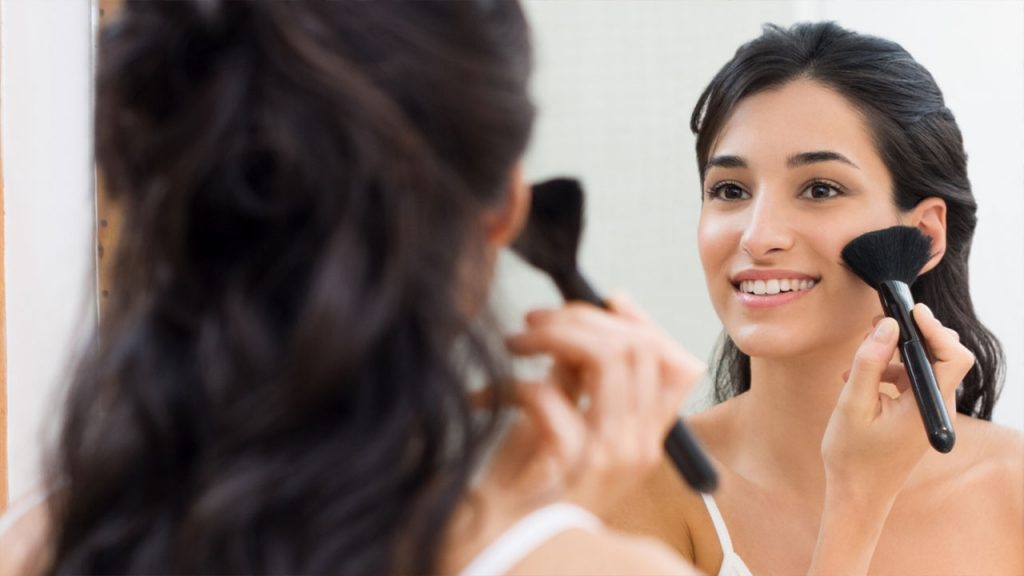Beauty means different things to different people, but nearly everyone wants to look their best. And that generally starts with the skin, which is, after all, one of the first things we see when we look at someone. It’s also pretty important. The rest of the body can’t be held together without it.
Skincare starts with keeping it healthy. That’s more about cleanliness, hydration and moisturizing. There is a pressure to look good at the same time, however, which generally means trying to avoid wrinkles and blemishes and possibly making use of cosmetics. You can feel happier and more confident when you go out with skin that’s both healthy and attractive.
It does depend a bit on your individual circumstances. Some people have particularly dry skin, while others have skin that is oily. You’ll be looking for different types of products, like moisturizer or toner. If you are unlucky enough to have sensitive skin, you’re going to be very limited in what you can use without causing an adverse reaction.
Whether you have sensitive skin or not, some things are pretty much universally bad for you. That starts with too much sunlight, which doesn’t just cause leathery skin, burns and blisters, but can also increase your risk of skin cancer. There are similar risks from the UV rays in a sun bed at a tanning salon. Never skimp on the sunscreen.
Other things are pretty common when caring for your skin, regardless of the product. Vitamins A and C are well-known for their importance in maintaining healthy skin. Aloe vera and tea tree are both known for being soothing and are unlikely to trigger skin conditions. The healthier your skin is, the better it will look; the better it looks, the better you’ll feel.
If you do choose to wear makeup, don’t overdo it. Check the ingredients first and make sure you remove it properly when you’re done. Cosmetics can enhance how you look, including your skin, but they’re no substitute for making sure the skin is glowing with health first.
There are a lot of wild claims about skincare floating around the internet. It’s a confusing realm to navigate, especially as individual people can be so different in what works for them. That’s why it’s best to start with a simple cleansing and moisturizing routine, and to check ingredient lists carefully.
If you do have doubts about any product or you have a bad reaction, talk to your doctor. One way to minimize the risk is with a patch test, which enables you to try a small sample of the product on an unexposed piece of skin (not right in the middle of your face). It’s a good way to test how your body will react without having to risk covering yourself in side effects.
Once you have found the products that work for you, figure out a routine so you can take care of your skin every day. Combine this with a good night’s sleep, a healthy diet and plenty of exercise, and you’ll soon be looking and feeling your best.




